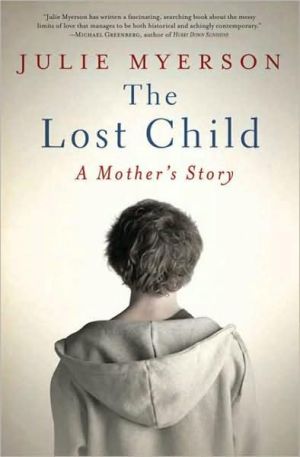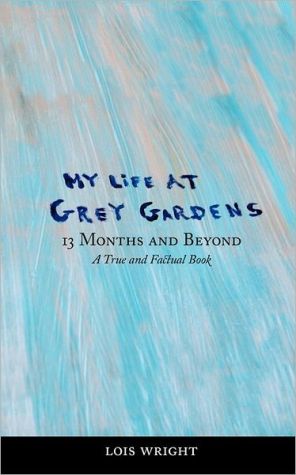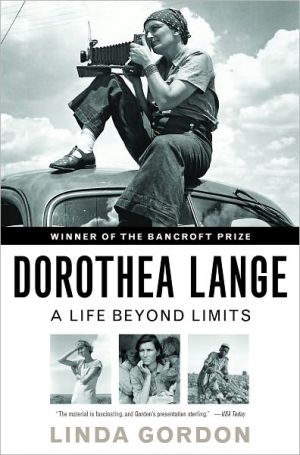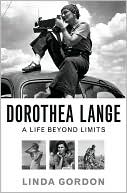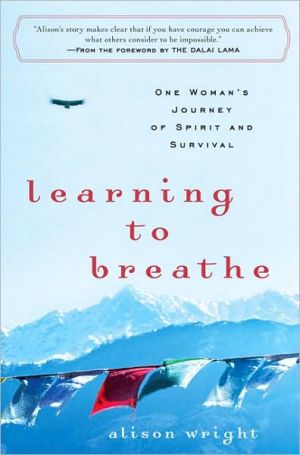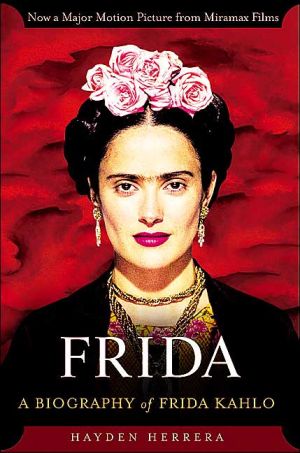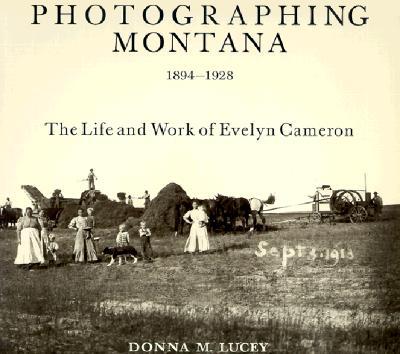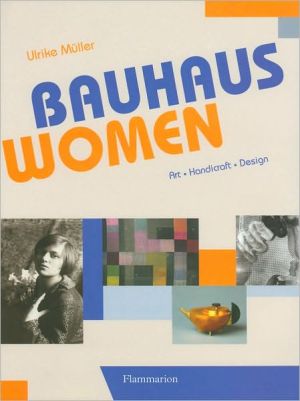The Lost Child: A Mother's Story
For readers of Beautiful Boy and Hurry Down Sunshine, a deeply personal and moving account of two lost children separated by two centuries.\ While researching her next book, Julie Myerson finds herself in a graveyard, looking for traces of a young woman who died nearly two centuries before. As a child in Regency England, Mary Yelloly painted an exquisite album of watercolors that uniquely reflected the world in which she lived. But Mary died at the age of twenty-one, and when Julie comes...
Search in google:
For readers of Beautiful Boy and Hurry Down Sunshine, a deeply personal and moving account of two lost children separated by two centuries.The New York Times - Dominique BrowningThe Lost Child will appeal to readers of David Sheff's Beautiful Boy, still the standard-bearer—but that's not enough. These are books for all parents, no matter what shape they think their children are in. Indeed, these books are for anyone interested in public policy relating to drugs. Why would we choose not to see what's happening all around us? Books like these signal the beginning of awareness. And the beginning of hope that we can do right by our children.
\ From the Publisher“The Lost Child is a cry for help and a plea for a clear acknowledgment of the toll this drug is taking on our children... [It] will appeal to readers of David Sheff’s “Beautiful Boy”… These are books for all parents, no matter what shape they think their children are in. Indeed, these books are for anyone interested in public policy relating to drugs. Why would we choose not to see what’s happening all around us? Books like these signal the beginning of awareness. And the beginning of hope that we can do right by our children.” —New York Times Book Review\ "While investigating the life of a Regency-era child artist, British novelist Myerson endures her own son’s drug addiction... Though her heart breaks, she resolves to maintain her tough-love stance toward a beloved child, about whom she writes with motherly tenderness." —Kirkus\ Praise from the UK\ “Lures the reader into its intimate, dark heart … Every parent goes through small losses at each stage of a child’s development, and yearns for what has gone. What Myerson evokes exquisitely is the built-in poignancy—which in her case is heightened by the rupture in her previously smooth relationship with this beloved oldest child.”—Financial Times\ “Anyone who reads it will struggle not to be profoundly moved.”—Independent\ “It is impossible not to empathize with the Myersons’ parental plight … [The Lost Child] is an aching, empty-nest memoir: a mother mourning for her uncomplicated little children, now grown, whom she could care for, write about without comeback, love—and control.”—Times\ “On the page, Julie spells out her pain in prose that’s so pure, so literal and so terribly engrossing it makes you weep.”—Daily Mirror\ “If losing [her son] felt like bereavement, writing about him was keeping him under her roof … [Myerson’s] writing is never less than compelling with its lopped lyricism, like someone who has to keep catching their breath … She has tried to write honestly about a nightmarish situation and a subject that never seems to get the attention it deserves.”—Observer\ “It’s a mark of almost superhuman doggedness that she managed to get some of this down on paper at all … Painfully honest.”—Evening Standard\ “The Lost Child is devastating in its candor … A serious, writerly, self-critical account of what it means to feel that, despite love and hope and good intentions, you have failed as a parent, and that the child you bore (while still eerily, painfully familiar) is lost to you.”—Daily Telegraph\ \ \ \ \ \ Dominique BrowningThe Lost Child will appeal to readers of David Sheff's Beautiful Boy, still the standard-bearer—but that's not enough. These are books for all parents, no matter what shape they think their children are in. Indeed, these books are for anyone interested in public policy relating to drugs. Why would we choose not to see what's happening all around us? Books like these signal the beginning of awareness. And the beginning of hope that we can do right by our children.\ —The New York Times\ \ \ Publishers WeeklyIn this difficult, unsettling memoir, English novelist (Sleepwalking) Myerson attempts a tricky bifurcated journey between two lives, past and present. Clearly, the author began with the intent of tracing the obscure life and work of a 19th-century artist, Mary Yelloly, who had once lived in Myerson's town of Suffolk and died of tuberculosis at age 21, in 1838. The author was given some of Yelloly's watercolors and proceeded to research the extended family as well as uncover where Mary was buried in the nearby Woodton churchyard. However, another life crisis pressed to the forefront: that of her oldest son, who at 17 began to exhibit bizarrely aggressive behavior from smoking “cannabis,” driving his parents to despair and the painful decision to kick him out of their home. Myerson's memoir, while erecting the elaborate and frequently tedious genealogy of the Yelloly and Suckling clans, on the one hand, is utterly overrun and undermined by the stunning cruelty of the very real teenager (e.g., selling drugs to his little brother, ignoring the pregnancy of his girlfriend, punching his mother), on the other. The whole effect of Victorian portraits and letters, details of the cringing servility with which Myerson and her husband deal with their son and memories of the author's own teenage rupture with her father makes for a surreally touching textual kaleidoscope. (Sept.)\ \ \ \ \ Kirkus ReviewsWhile investigating the life of a Regency-era child artist, British novelist Myerson (Out of Breath, 2008, etc.) endures her own son's drug addiction. Mary Yelloly died in 1838, leaving behind a marvelous watercolor picture-book composed years earlier detailing the lives of an imaginary family closely based on her own. Who was she, and how did the premature death and loss of this unrealized talent alter the lives of the large, very real family she left behind? Myerson's search for this "lost child" yields some answers, none terribly engrossing, but it quickly becomes clear that the Yelloly story is subordinate to that of another lost child, her own 17-year-old, who was addicted to skunk, a potent strain of cannabis more dangerous in some ways than heroin. The product of an emotionally abusive alcoholic father, Myerson resolved early on that for her own children, "There will never be any terrible, stupid rules. I will love them. I will just love them." The inadequacy of this childrearing strategy-too late, she understands that love is not the solution, but rather "the most irresistible part of the problem"-became apparent as her son virtually abandoned school, vilely abused his parents, stole from them, trashed their home and gave his siblings drugs. Even after summoning the will, finally, to evict the boy from her home, the parents ended up paying for his casual girlfriend's abortion and following his trail of stiffed landlords. As the inquiry into Yelloly closes with the discovery of her grave beneath a church carpet, Myerson's relationship with her son, himself a would-be poet, remains strained, his drug dependency unresolved. Though her heart breaks, she resolves to maintain hertough-love stance toward a beloved child, about whom she writes with motherly tenderness. An odd, not always successful conflation of two stories-two artistic young people from separate centuries, one gone too soon, the other, for now, missing in action.\ \
